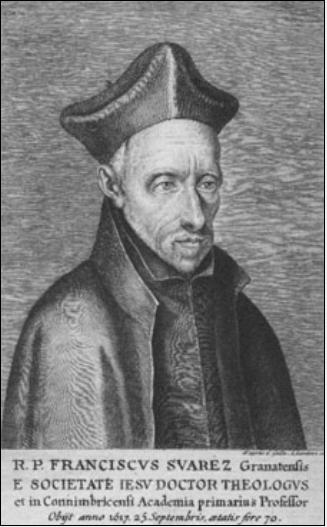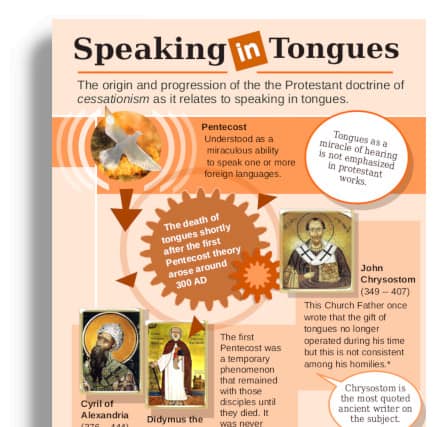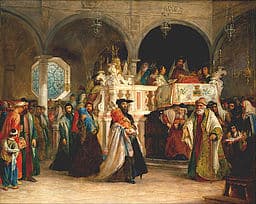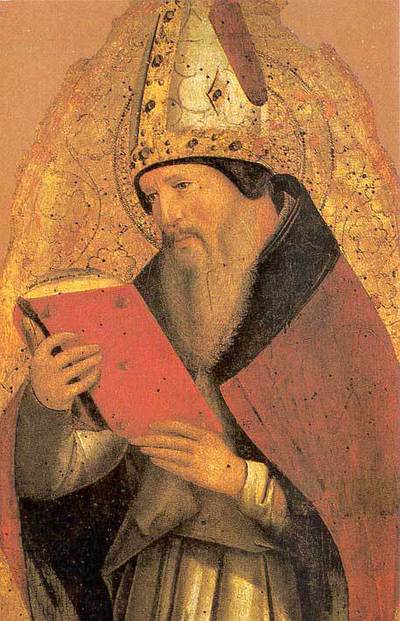Table of Contents
Abstract
This paper considers the grace of the gift of tongues both as it is currently practiced among many members of the Catholic Charismatic Renewal (CCR) and how it has traditionally been understood in medieval and post-medieval theology. The paper especially considers the perspective of Francisco Suárez on the subject insofar as he, as in most matters, is able to frame the status quaestionis of the topic and presents a uniform view of the Catholic theological tradition’s understanding of the gift. Ultimately, I point out that there are significant points of divergence between the nature of this gift as the CCR understands and practices it and as it has traditionally been understood historically.



